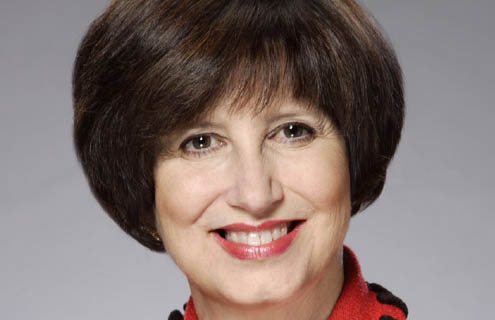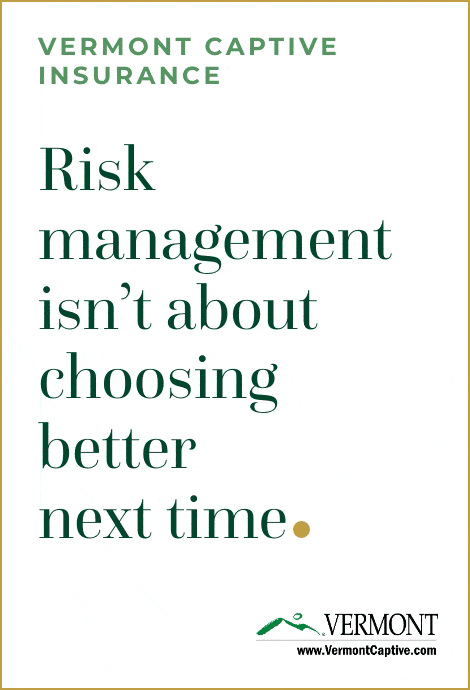Following the licensing of Delaware’s thousandth captive, Department of Insurance commissioner Karen Weldin Stewart reveals why businesses have turned to the state to meet their risk management needs
When taking up the position of commissioner at the Department of Insurance in 2009, what did you plan to achieve?
My intent was to make Delaware a world-class captive insurance domicile. Today, Delaware is the third largest captive domicile in the US and the sixth largest in the world. While I am pleased with the progress made, I continue to strive to make Delaware the best domicile.
How has Delaware changed as a domicile since 2009?
Delaware has changed with the creation of a dedicated captive bureau during the 2008/2009 financial global crisis.
At that time, I strategically reviewed and assessed peer-reviewed suggested changes to the existing captive domicile. I also was able to attract talented staff who shared my vision and goals in creating and regulating a world-class captive domicile.
After licensing 1,000 captives, what would you say has been the key to Delaware’s success?
There have been a number of keys to our overall success. Delaware has long been known as the favoured state of incorporation for US businesses. Delaware offers many benefits to traditional businesses. More than a million business entities are incorporated here, including 65 percent of the Fortune 500. These benefits extend to captive entities as well, creating the ideal domicile for captive business.
More than any other state, Delaware provides a variety of legal forms of organisation that a captive insurance company may take.
Captive insurers may organise as limited liability companies, partnerships, limited partnerships or statutory trusts.
A company may consider utilising a foreign entity, offering expanded structural flexibility.
Of course, Delaware’s highly respected corporations court, the Court of Chancery, has a long history of handling business and corporate issues.
Don’t let me forget the insurance department’s captive bureau. Director Steve Kinion and his staff are dedicated to serving and regulating all of our captive entities. Our team is knowledgeable and hard working. As our colleagues in the Delaware Captive Insurance Association (DCIA) like to say, Delaware has traditional insurers, licensed captives, licensed series business units and regulators who know the difference.
I should also mention that the DCIA has been a great partner with us in helping captive companies get a running start and navigate Delaware’s legal landscape.
Finally, Delaware’s General Corporation Law has been a model for many other states, and our Court of Chancery’s case-by-case application of it has created a common law of corporations that is respected and accepted throughout the country.
Delaware’s corporate jurisprudence has greatly benefitted our reputation as a stable and predictable place for captives to do business.
Has 2015 been a good year for Delaware? How many captives have you licensed and what types of captives have you signed up?
We do expect it to be a good year for new applications. To date, we have licensed 35 entities: 20 pure captives and 15 series captives. However, because Delaware permits the filing of captive applications until the very end of 31 December, we always have a last minute rush of electronic filings, which makes it difficult to predict the final number.
What separates Delaware from its onshore competitors?
Delaware offers a streamlined application process for prospective captive entities. One need only file a single application document, and our staff is happy to help you get started. The captive does not need to be formed under Delaware state law.
Delaware also permits applicants from outside the US to use International Financial Reporting Standards (IFRS), which enable the captive to file financial statements in Delaware using the same accounting standard as its parent company.
The use of IFRS also allows the parent to use one company-wide accounting standard.
What plans do you have to ensure Delaware’s success continues?
Many companies from around the world do business in the US and therefore have risks stemming from that activity.
Because Delaware is a leading domicile for US and international business entities, many of those same companies already have a presence here.
We hope to convince those international entities to explore the advantages of forming a Delaware captive to handle those risks.
We will continue to reach out to firms in Europe, Africa and Latin America to let them know that Delaware is open for business.





